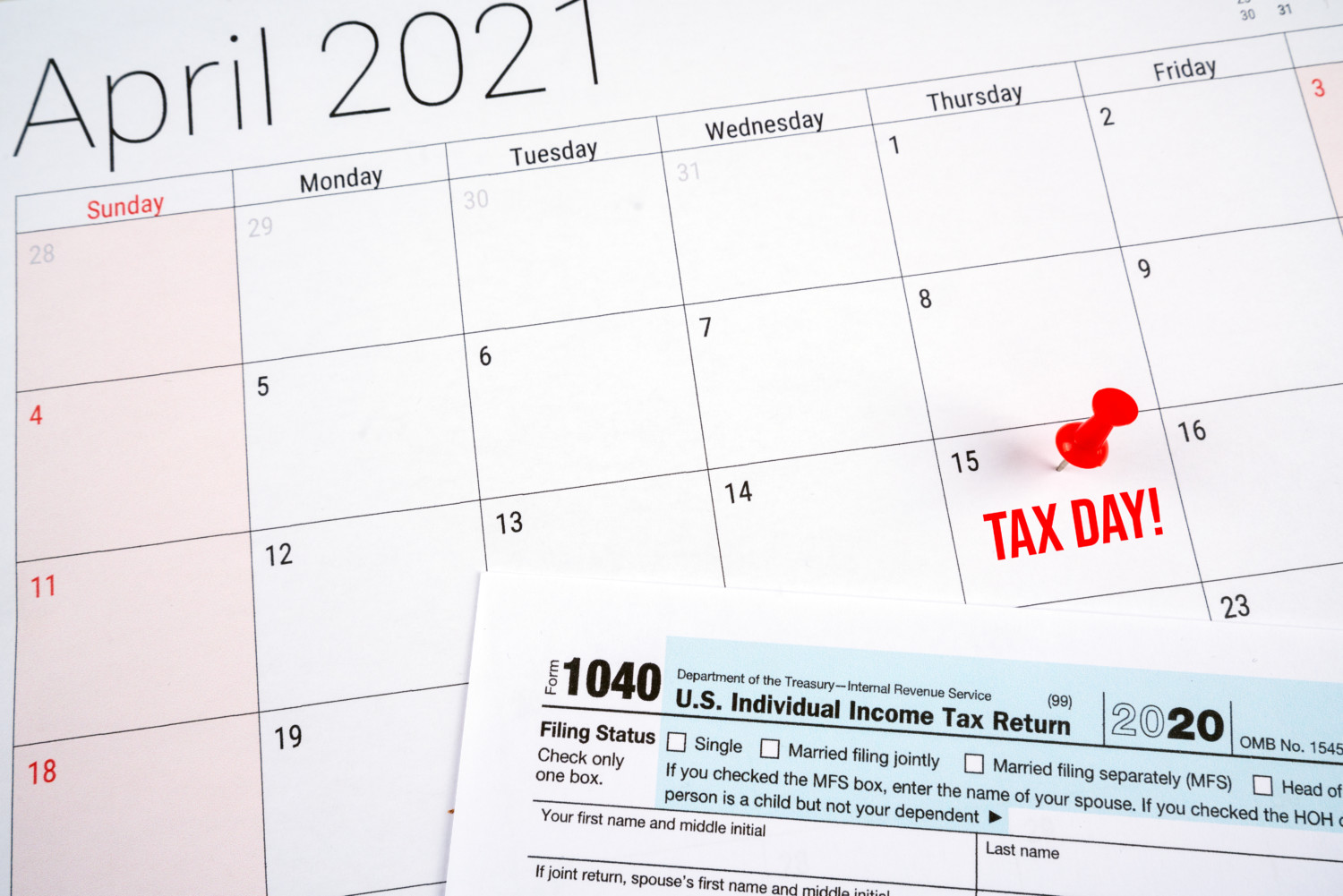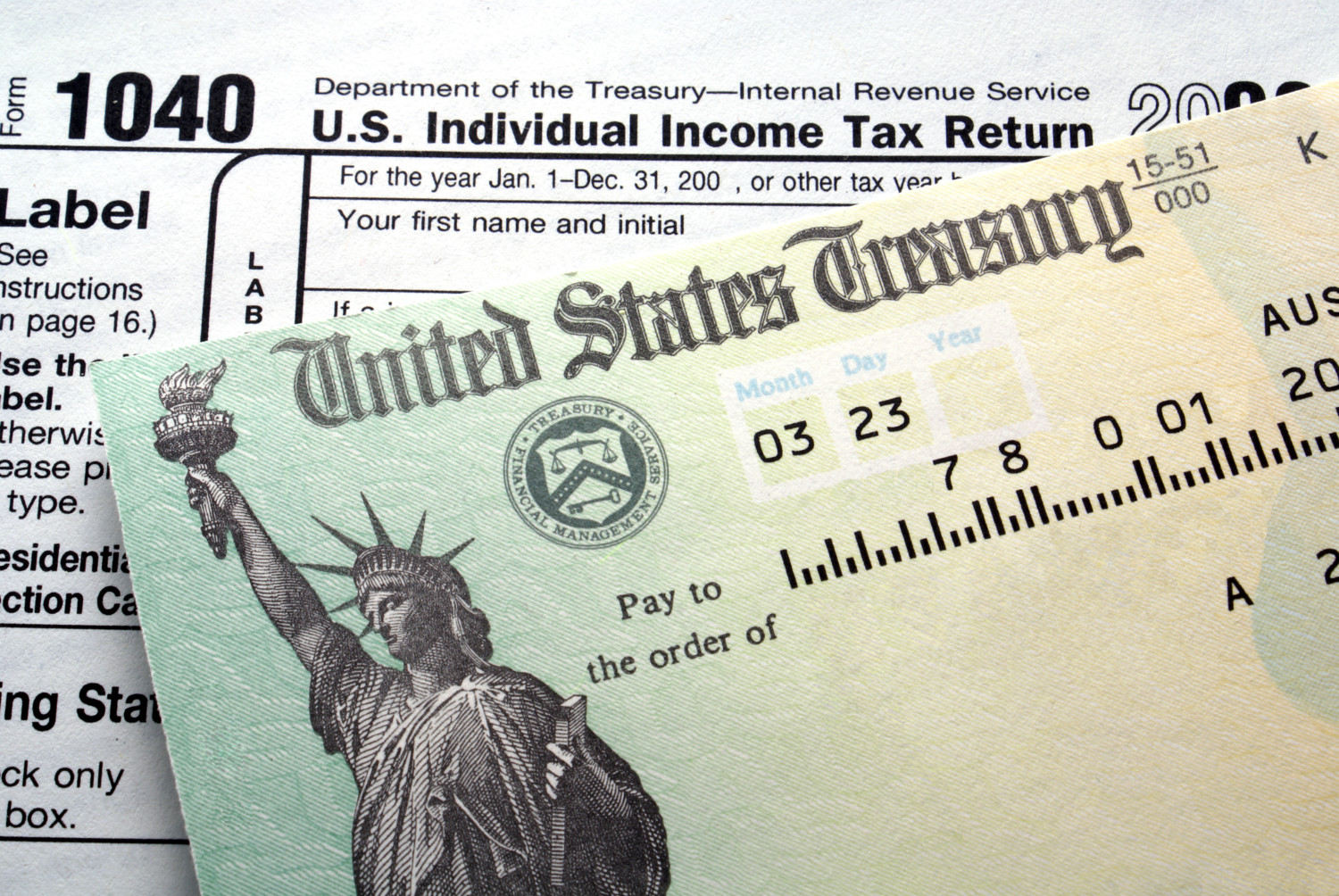Tax tips: What you need to know about filing your return during the pandemic

Filing tax returns can be stressful and confusing in a typical year. Add a once-in-a-lifetime pandemic with factors such as home office deductions, stimulus checks and unemployment benefits to the mix and taxes will likely become even more challenging. Whether you plan to hire a professional or file on your own, these tax tips might save you time, money and trouble.
Tax Tips About Stimulus Payments
If you did not receive an Economic Impact Payment, commonly known as a stimulus check, you could be eligible to claim the Recovery Rebate Credit when you file your income taxes. This can be true if you have yet to receive it at all or did not receive as much as you should have.
For instance, this might apply if you had a baby (so there’s now another person in the household to receive the payment), were no longer a dependent student, or your income decreased from the previous filing year. If you are eligible for the credit and didn’t receive full payment, you can claim the Recovery Rebate Credit by filing a 2020 tax return.
Regarding the potential for another Economic Impact Payment if a new stimulus bill is passed, deciding if you should file right away or wait a little longer could depend on your income. If you made less in 2020 than you did in 2019, filing now could help you receive another payment. However, if your annual income increased in 2020, you might be ineligible for the payment if you file before another stimulus bill is passed. You have until April 15, 2021, to file unless you live in Texas or Oklahoma. Residents of these states have until June 15, 2021, to file their 2020 federal returns due to February’s winter storms.
Taxes On Unemployment Checks
Even if you lost your job due to the pandemic, you might still have to file an income tax return. Unemployment compensation, including special benefits paid under the Coronavirus Aid, Relief, and Economic Security (CARES) Act, is taxable by law and must be reported on a 2020 federal income tax return. According to the Washington Post, most states automatically withhold a flat 10% of your unemployment compensation for federal taxes. However, others require those who are applying for benefits to request to have federal income taxes withheld. Some states are providing relief for state tax on unemployment income, but this does not affect federal taxes.
401(k) Penalties
The CARES Act loosened the rules for withdrawing money from employer-sponsored retirement accounts like 401(k)s or 403(b)s and personal retirement accounts. Qualified individuals who experienced adverse financial consequences due to COVID could withdraw money without penalty. If you tapped retirement funds under the act, you can report all of the income on your 2020 tax returns or opt to divide it into equal installments over three years. If you choose the latter, you must account for at least one-third of the amount on your 2020 tax return. Another alternative is to put the money back into a retirement account to remove any tax consequences of the distribution.
Self-Employment Taxes For Gig Work
The pandemic largely transformed the workplace for many Americans. Many workers who were laid off, furloughed or terminated turned to gig work or remote freelance positions and found themselves self-employed. Numerous tax tips can help an independent contractor who did not have taxes withheld from a paycheck.
First, while you have a greater tax liability (experts recommend setting aside 30% of your earnings for income and self-employment taxes), you could also have some benefits that traditional employees do not. For instance, you can deduct many business expenses, effectively lowering the amount of tax you owe. This might include part of your rent or mortgage, insurance, office expenses, software, subscriptions, travel and vehicle expenses.
Many businesses provide 1099 forms for self-employment earnings, but even if they don’t, you could be responsible for reporting your earnings. This includes income from part-time, temporary or side work paid in any form, including cash, virtual currency, and even property or goods.
Earned Income Tax, Education And Charitable Credits
The Earned Income Tax Credit (EITC) can help low- to moderate-income workers and families reduce taxes owed and it may increase the refund that these workers receive. For the 2020 tax year, the EITC ranges from $538 to $6,660, depending on your filing status and how many children you have. If you lost your job or your income changed in 2020, a new rule allows you to use your 2019 income to determine your EITC, which might increase your EITC amount. This also applies to the additional child tax credit.
For students or their parents, there are two education credits available this year. The American Opportunity tax credit gives taxpaying students or their parents the chance to reduce the cost of attending college, and the Lifetime Learning tax credit is worth 20% of up to $10,000 in eligible expenses, with a $2,000 maximum credit per tax return.
If you donated to eligible charitable organizations last year, you can claim a deduction of up to $300, thanks to the CARES Act. Donations must have been made by check, credit card or debit card and don’t include household items or other property. This change lowers both adjusted gross income and taxable income, which could help decrease what you owe or increase your refund.
E-File To Avoid Delays
To avoid pandemic-related delays that you might experience if you mail in your tax return, the IRS recommends filing electronically and providing direct deposit information if you expect a refund. To file electronically, you can check out IRS Free File. This program allows those with an income of $72,000 or below to prepare and file their federal (and sometimes state) taxes online at no charge on IRS partner sites.



